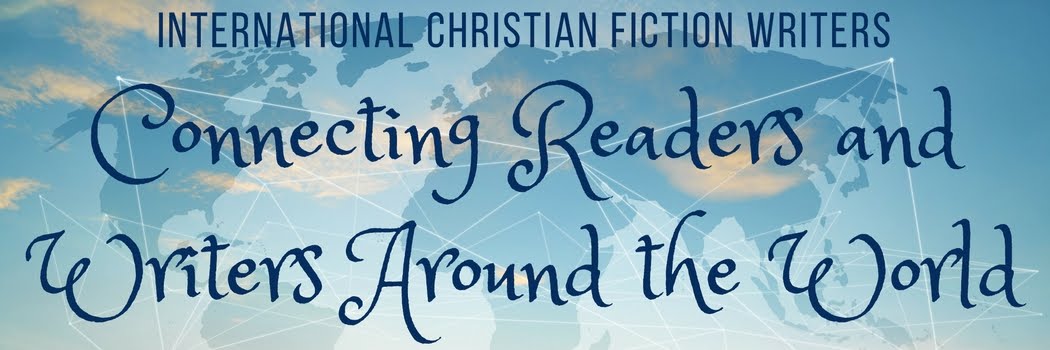Sorry to anyone who thought I was talking about the ultimate agent, secret agent James Bond, but actually I meant another type of agent. Chip MacGregor, a well-known Christian literary agent, has recently been running an ‘Ask an Agent’ feature on his blog. Each week he answers two or three questions from the intelligent and insightful to the… umm… not so intelligent. The whole series has been very informative.
For those of who missed it, here are the links with the questions in each post:
How long does it take an agent to respond to a submission they requested?
Is it wrong to send submissions to several agents at once?
Why hasn’t the agent responded to my submission?
Is it normal for an agent to charge an up-front fee?
Is it true that the best place to contact an agent is to attend a conference?
Do I mention that a publisher has requested my manuscript when I query an agent?
When is the best time to approach an agent?
Do agents want to see part of my non-fiction book or the whole book?
Do I tell agents/publishers about my writing for e-zines and web sites?
What do you think of writing contests?
What do I do if my agent only represents non-fiction and I also want to write fiction?
Do I have to copyright my manuscript before I submit it?
Do I need an agent?
When should I get an agent?
When is it appropriate to enquire about the status of a submission?
Is there a rule about using the word ‘bestseller’ in their promotional materials?
How much should I spend on my website?
How will I know I need an agent?
What should an agent do for me?
What is the best way to find an agent?
I have a contract but no agent – should I get one?
Should I worry that the agent turned me down but referred me to his editorial service?
Is this legal?
There is some great advice in these posts (and also a couple of laughs).
What question would you want to ask a literary agent?




